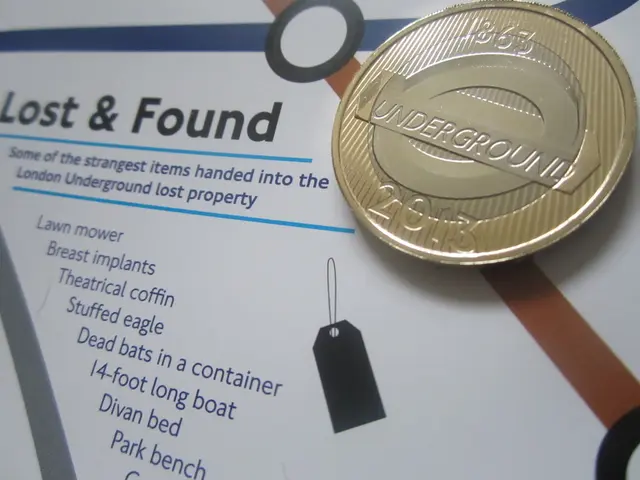Acquiring Google Chrome browser might signify expansive search aspirations for Perplexity AI
In a groundbreaking move, Perplexity AI, a San Francisco-based AI startup valued at $18 billion, has made a $34.5 billion offer to buy Google Chrome, the world's most popular web browser with approximately 3.5 billion users. This bid, if realised, could significantly impact the tech industry and antitrust regulations.
The bid is strategic and market-altering for several reasons. Perplexity's offer nearly doubles the startup's valuation, a bold move that coincides with ongoing antitrust scrutiny of Google. If Google is compelled to divest Chrome as part of legal remedies, acquiring Chrome could disrupt Google's tremendous browser dominance and bolster Perplexity's position in the emerging AI-powered browser market.
However, the bid also raises complex antitrust and regulatory challenges. If a divestiture happens, the transaction would be closely scrutinised by regulators concerned about maintaining competition, user choice, and data privacy. Perplexity pledges to maintain uninterrupted service and user choice for at least 100 months post-sale, reflecting awareness of regulatory priorities and user trust.
Analysts view the bid as partly a public relations stunt to position Perplexity as a serious Google competitor and raise its profile in Silicon Valley and among investors. However, the financial feasibility of an actual acquisition is uncertain due to Chrome's higher estimated market value. If forced divestment of Chrome proceeds, Perplexity could be among serious bidders alongside larger players like OpenAI.
The offer comes at a strategic time, as a ruling on remedies for Google's monopoly case is expected soon. The breakup of AT&T in the 1980s and Microsoft's battle with Netscape over Internet Explorer in the '90s serve as historical examples of antitrust pressure making the unthinkable possible.
Google executives warn that selling Chrome could compromise security, degrade product quality, and confuse users. Analysts, however, believe the court will opt for lighter remedies, like loosening default search contracts, rather than forcing a full divestiture.
The bid could be a calculated move to insert Perplexity into the heart of the antitrust conversation. Perplexity aims to acquire Chrome to shortcut years of user acquisition and embed its AI-powered technology into the daily habits of billions. If successful, the deal would significantly alter industry dynamics by putting an AI-first company in control of a central user access point on the web.
[1] TechCrunch. (2022, March 1). Perplexity AI makes $34.5 billion bid for Google Chrome. [online] Available at: https://techcrunch.com/2022/03/01/perplexity-ai-makes-34-5-billion-bid-for-google-chrome/
[2] The Verge. (2022, March 1). Perplexity AI offers $34.5 billion for Google Chrome. [online] Available at: https://www.theverge.com/2022/3/1/22949831/perplexity-ai-google-chrome-buyout-antitrust-google-monopoly-case
[3] CNBC. (2022, March 1). Perplexity AI offers $34.5 billion for Google Chrome. [online] Available at: https://www.cnbc.com/2022/03/01/perplexity-ai-offers-34-5-billion-for-google-chrome.html
The offer made by Perplexity AI for Google Chrome could significantly impact the AI-powered browser market and business strategies, given their ambitious valuation. To ensure regulatory compliance, Perplexity pledges to maintain user choice for a minimum of 100 months post-sale, signifying their awareness of regulatory priorities and user trust.




